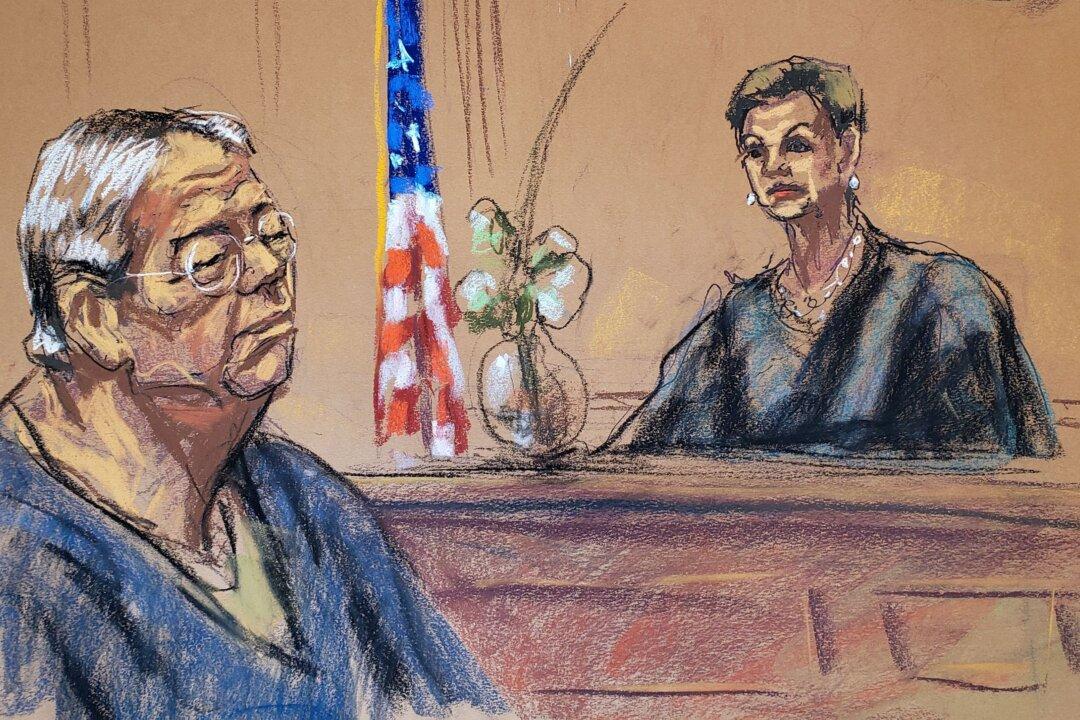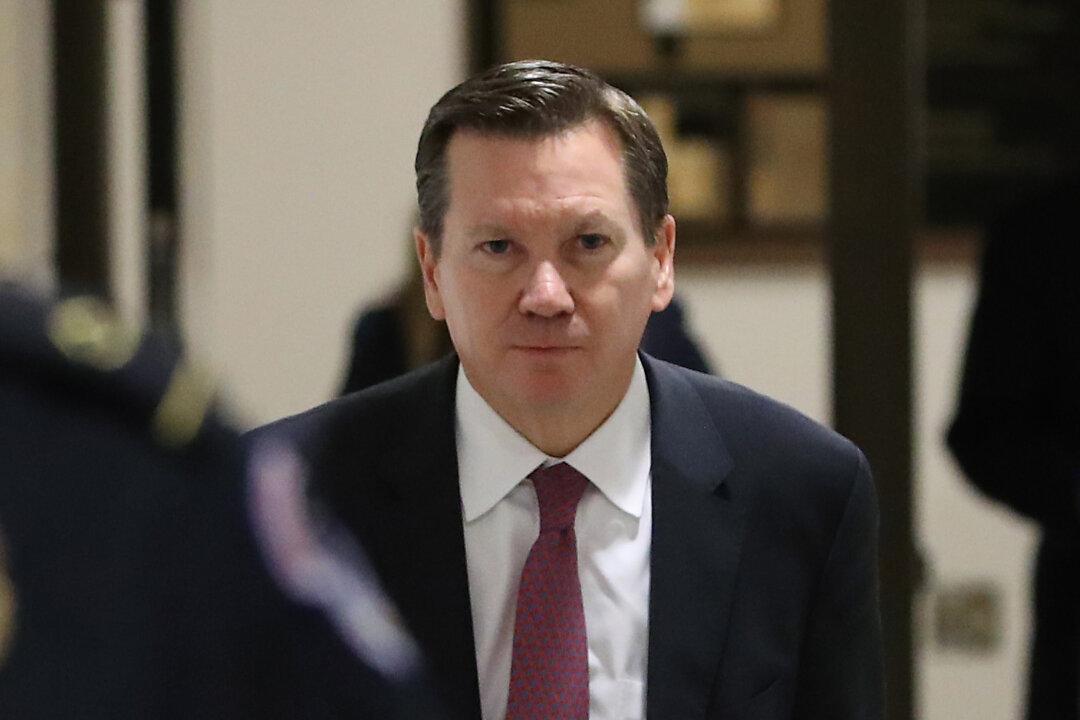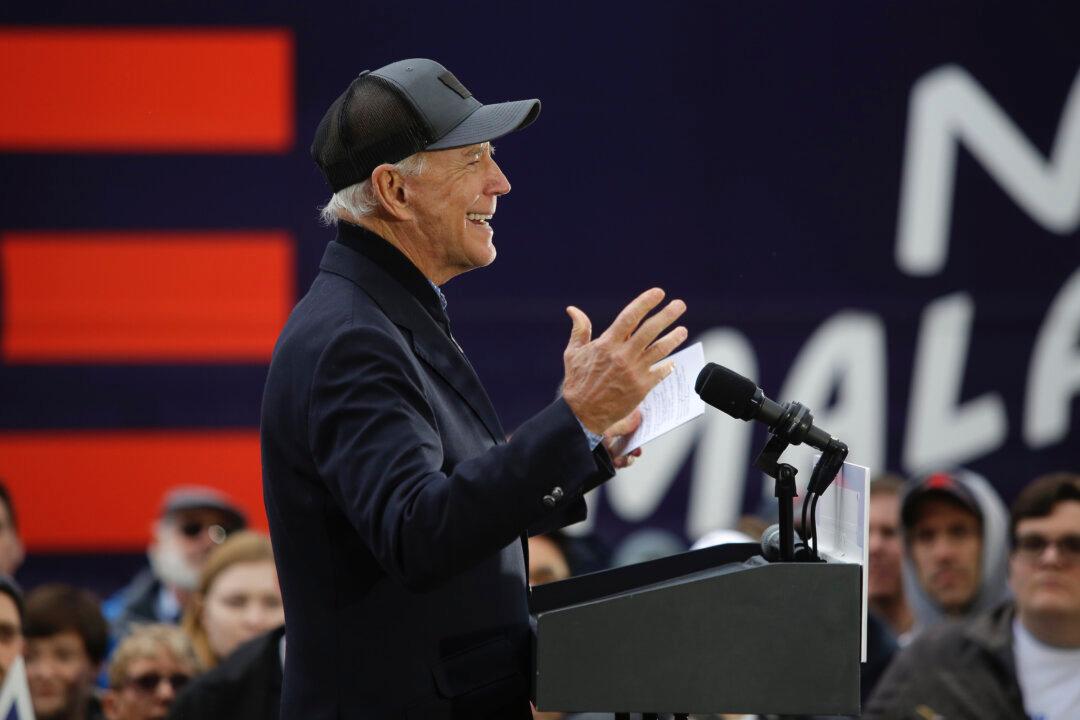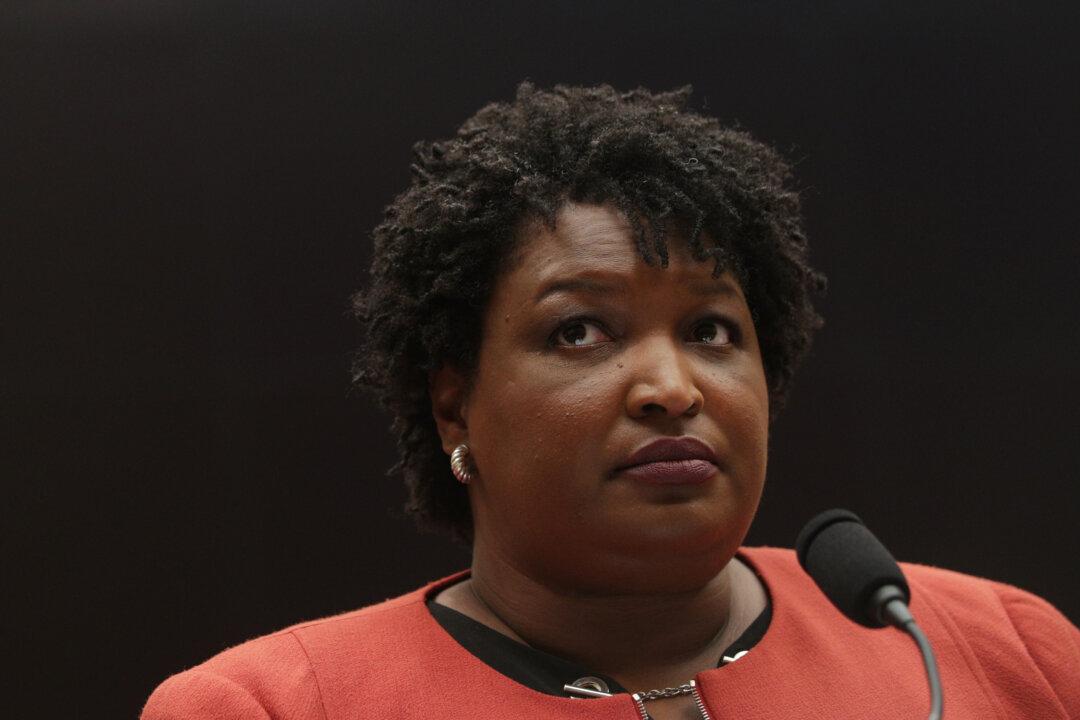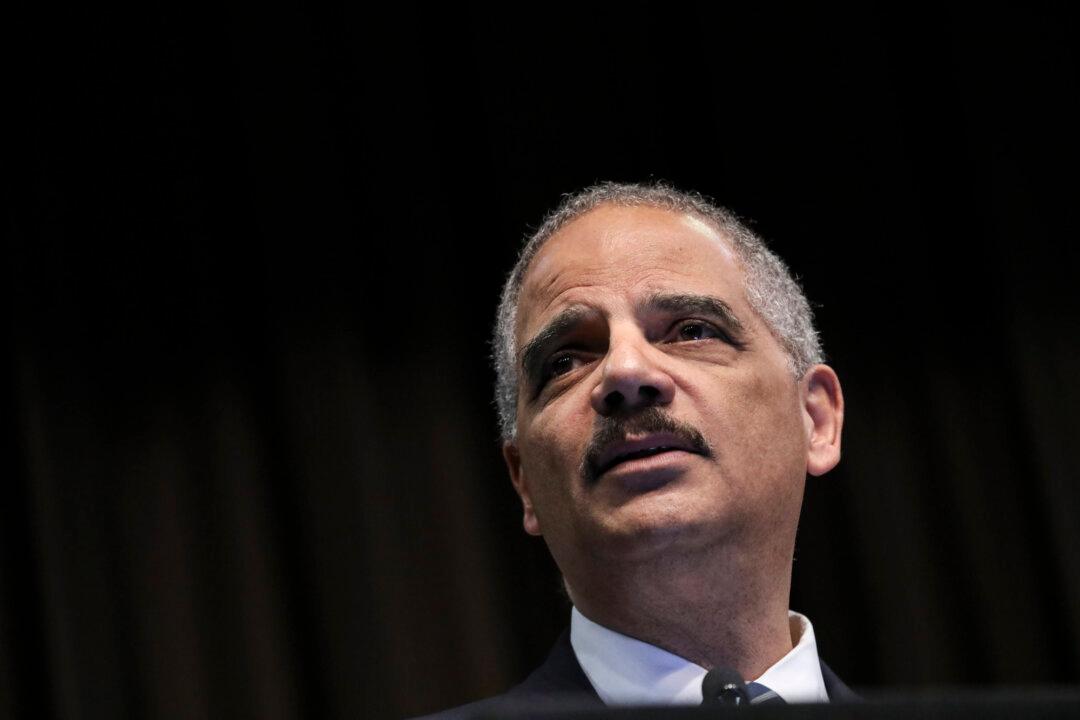The former head of an international non-governmental organization that was backed by a Chinese energy conglomerate, was sentenced to three years in prison on March 25 for bribery and money laundering.
Patrick Ho was the secretary-general of the China Energy Fund Committee, an NGO based in both Hong Kong and Arlington, Virginia. Ho was also a top lieutenant of Ye Jianming, a Chinese oil tycoon whose company, CEFC China Energy Company Limited, (CEFC China), made billions of dollars in Russia, Eastern Europe, and parts of Africa.
